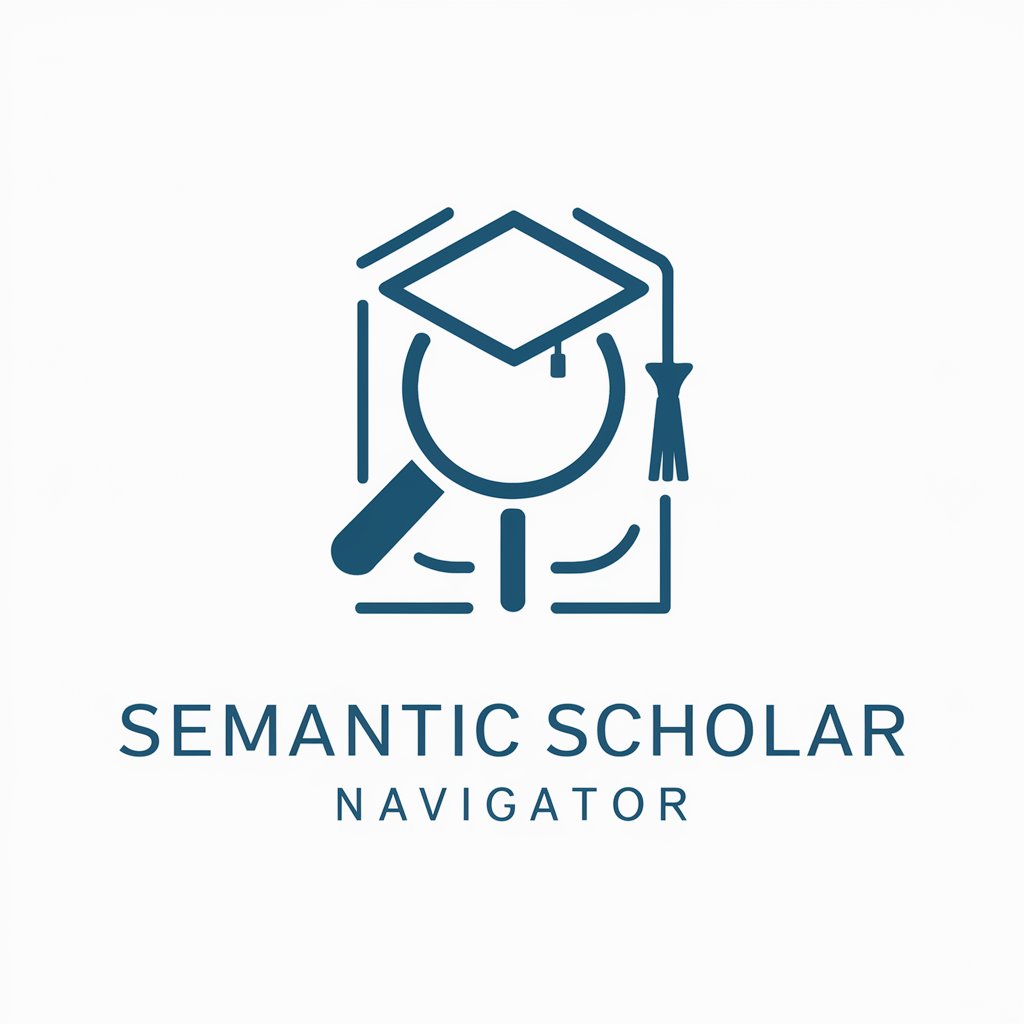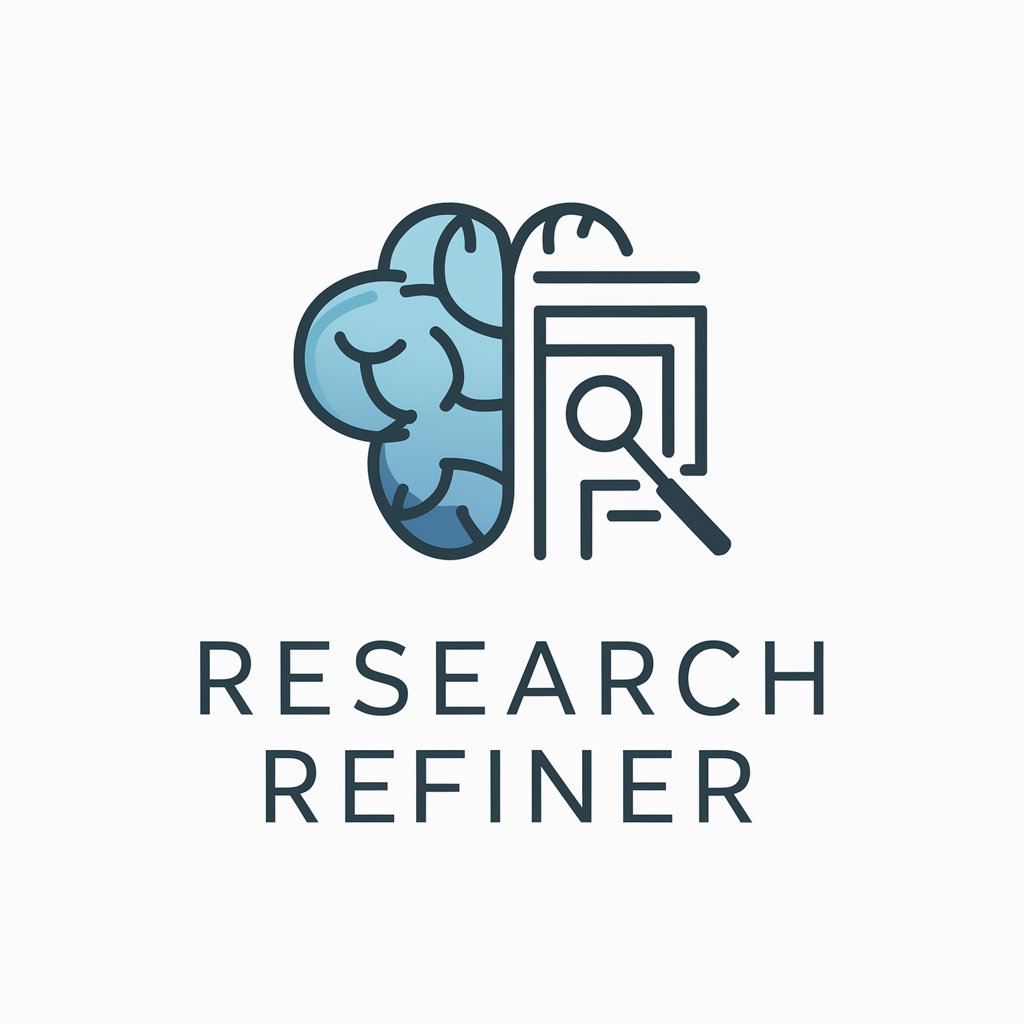
Talk to Semantic Scholar - Academic Paper Finder

Hello! How can I assist with your research today?
Unleash research potential with AI-driven insights
Find the latest research on...
What are the key findings in...
Can you summarize the recent studies about...
Provide an overview of the current trends in...
Get Embed Code
Introduction to Talk to Semantic Scholar
Talk to Semantic Scholar is a specialized AI interface designed to interact with the Semantic Scholar database, providing users the ability to search for academic papers using natural language queries. Its core functionality is built around leveraging Semantic Scholar's vector space model to find the most relevant papers based on the user's query, ensuring accuracy and relevance. The design purpose of Talk to Semantic Scholar is to make academic research more accessible and efficient by summarizing key points of papers, clarifying search parameters before fetching results, and presenting findings in a user-friendly manner. An example scenario could be a graduate student looking for recent studies on neural network applications in biology, where this GPT would streamline the search process and present the most relevant findings succinctly. Powered by ChatGPT-4o。

Main Functions of Talk to Semantic Scholar
Natural Language Query Processing
Example
A user queries, 'What are the latest advancements in quantum computing?'
Scenario
The GPT interprets the query, refines search parameters based on the natural language input, and retrieves the most relevant academic papers, simplifying the research process.
Summarization of Key Paper Points
Example
A detailed summary of a paper on 'The Impact of Climate Change on Coral Reefs'.
Scenario
After finding relevant papers, Talk to Semantic Scholar presents a concise summary, including methodology, results, and implications, making complex research easier to digest.
Clarification and Refinement of Queries
Example
A user's broad query about 'machine learning', prompting a request for more specific interests like 'machine learning in healthcare'.
Scenario
This function ensures the search results are as relevant as possible to the user's needs, avoiding information overload from too broad a search.
Ideal Users of Talk to Semantic Scholar Services
Academic Researchers
Individuals engaged in scientific research who benefit from efficient access to the latest studies, papers, and findings in their field. They use the service to stay up to date with developments, find sources for literature reviews, and explore new research areas.
Students
Undergraduate and graduate students seeking sources for papers, thesis research, or to broaden their understanding of specific academic topics. The service simplifies the discovery process and helps them find credible, relevant academic literature.
Industry Professionals
Professionals in various industries who rely on cutting-edge research to inform their work, such as product development, policy formulation, or innovation strategies. They use the service to access research that might not be readily available through standard industry publications.

How to Use Talk to Semantic Scholar
1
Start by accessing the tool for a free trial at yeschat.ai; no login or ChatGPT Plus subscription is required.
2
Enter your research query in natural language. Be as specific as possible to improve the relevance of search results.
3
Review the search parameters and filters, such as publication date or fields of study, to refine your search.
4
Submit your query. Talk to Semantic Scholar will process your request and return a list of relevant academic papers.
5
Explore the results. You can read abstracts, access open-access PDFs, and follow the links to full texts where available.
Try other advanced and practical GPTs
Semantic Sage
Clarify Text with AI
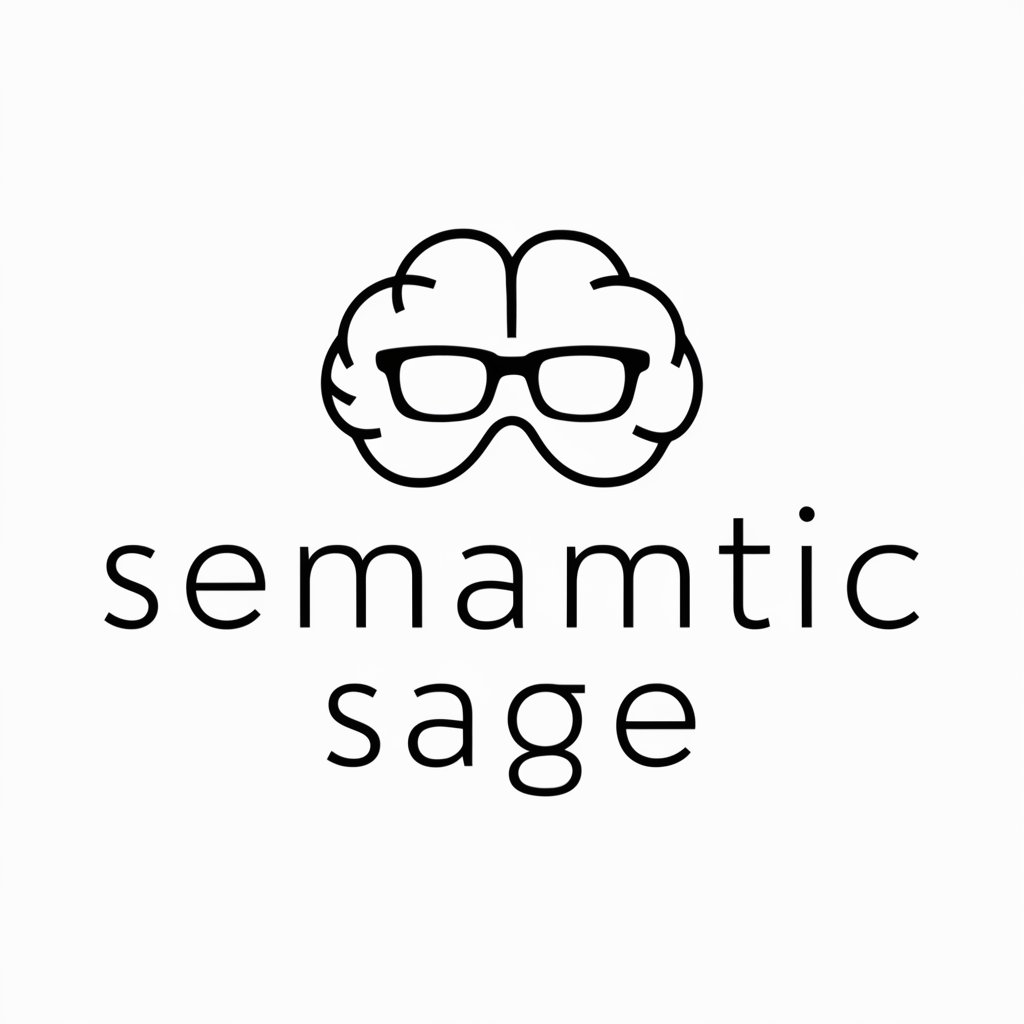
PDF Data Extraction to Excel
AI-powered PDF to Excel conversion tool

KPSC Classifier Customizing Assistent
Streamline SAP with AI-powered custom settings
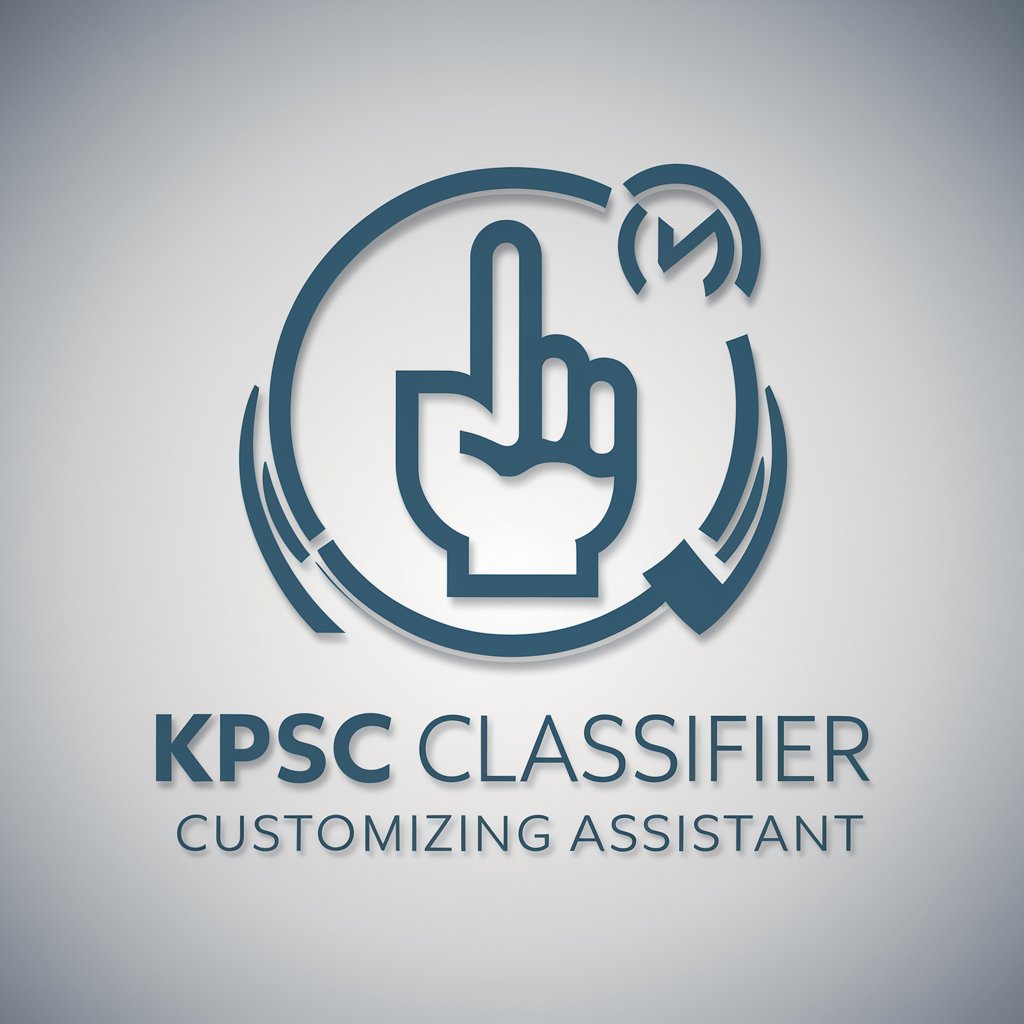
PCR's InfoPoolGPT
Your AI-powered guide to prostate cancer information.
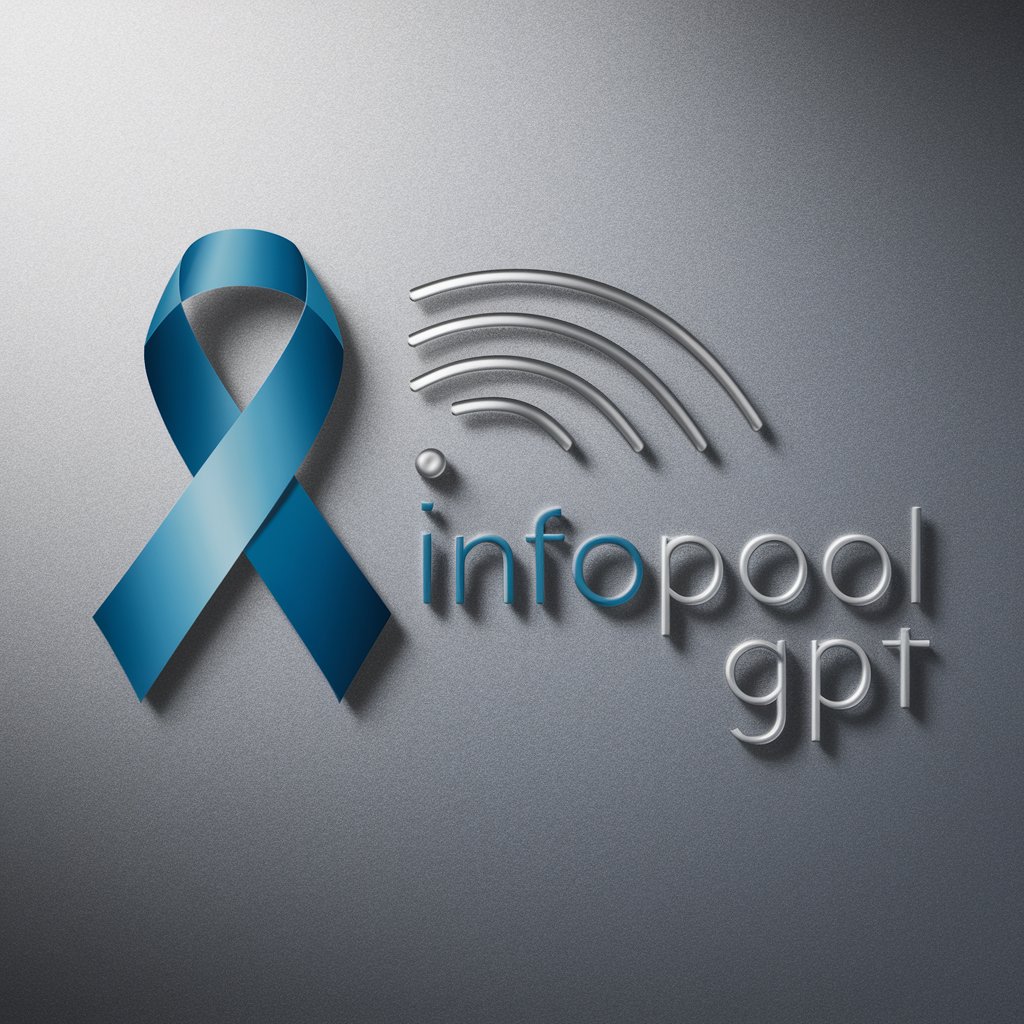
Assistant Site Web
Powering interactions with AI precision
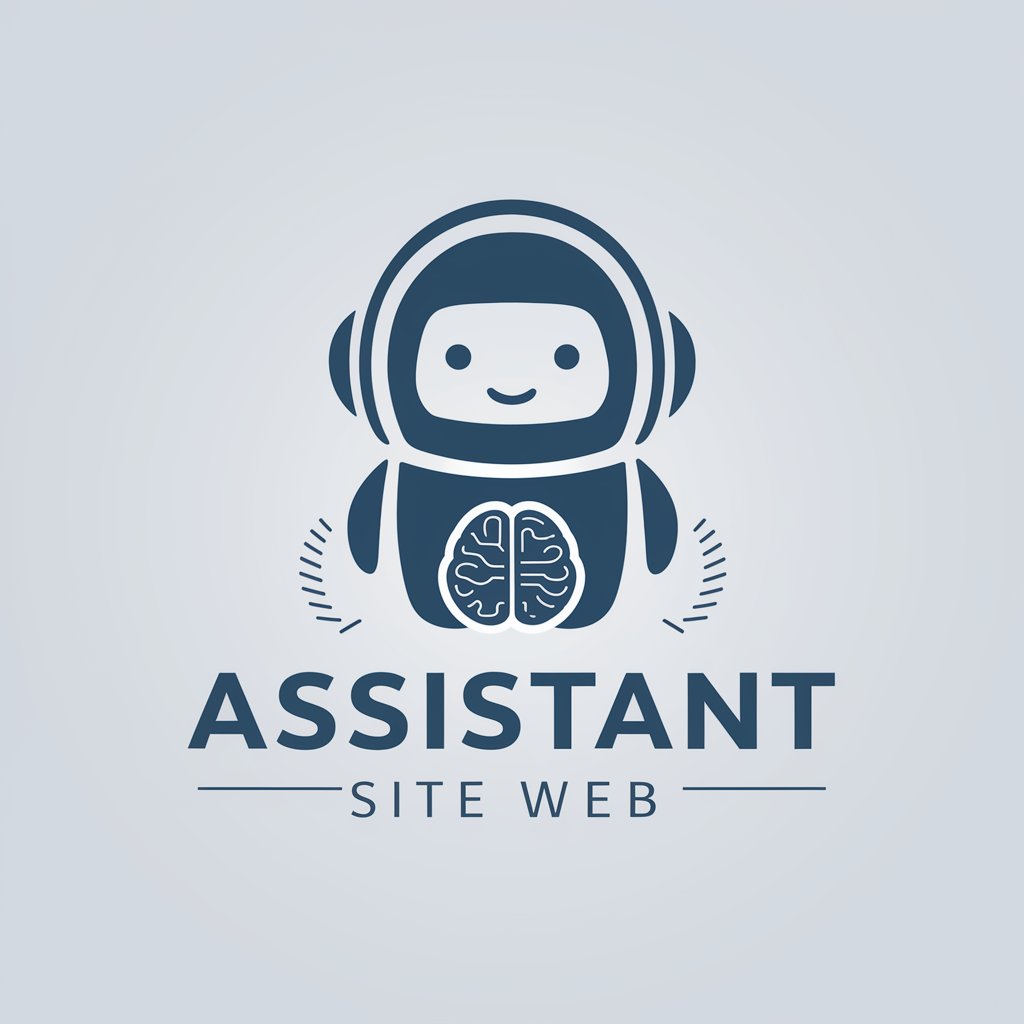
Medical License Lookup
Verify medical licenses swiftly and reliably with AI

Semantic SEO Strategy
Elevating Content with AI-Driven SEO Insights

SemantIQ - Semantic SEO
Elevate SEO with AI-powered Semantics
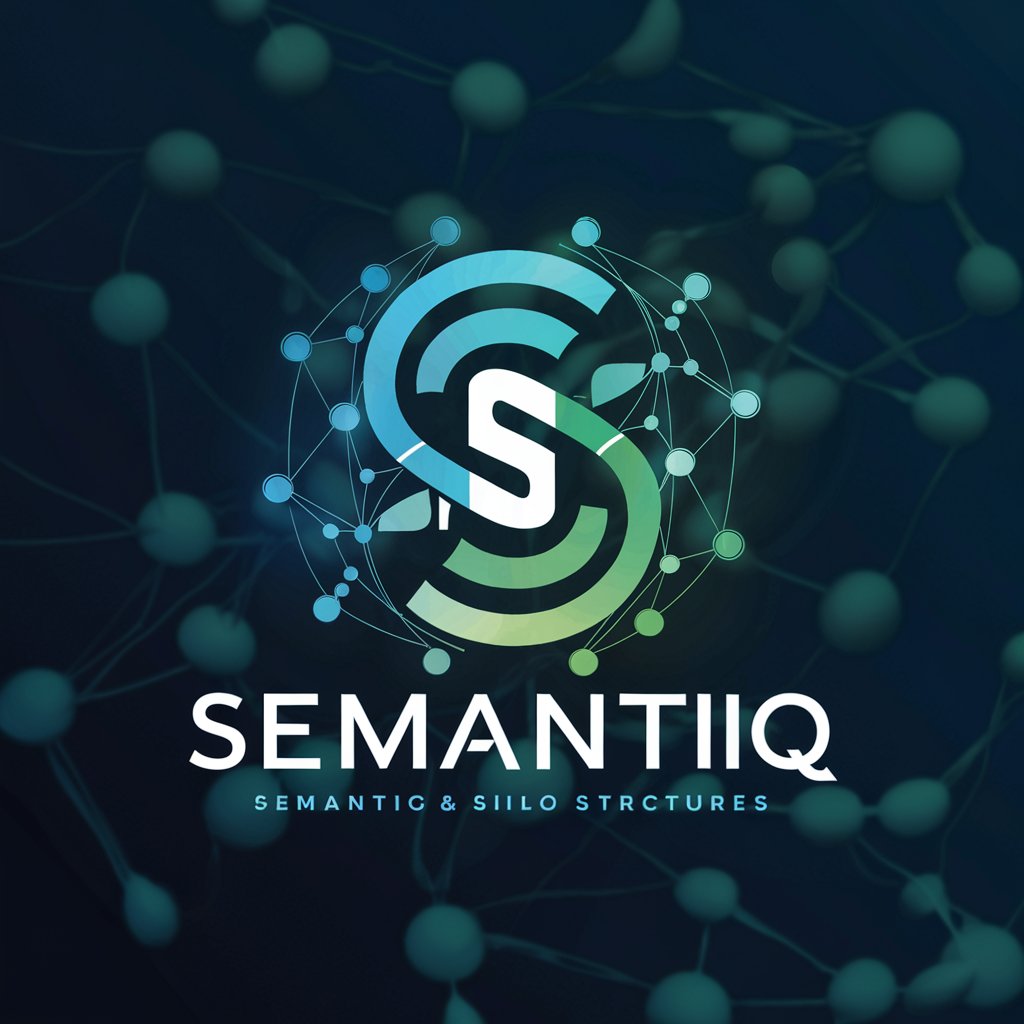
OSAMA SEMANTIC
Elevate your content with AI-powered semantic structuring.
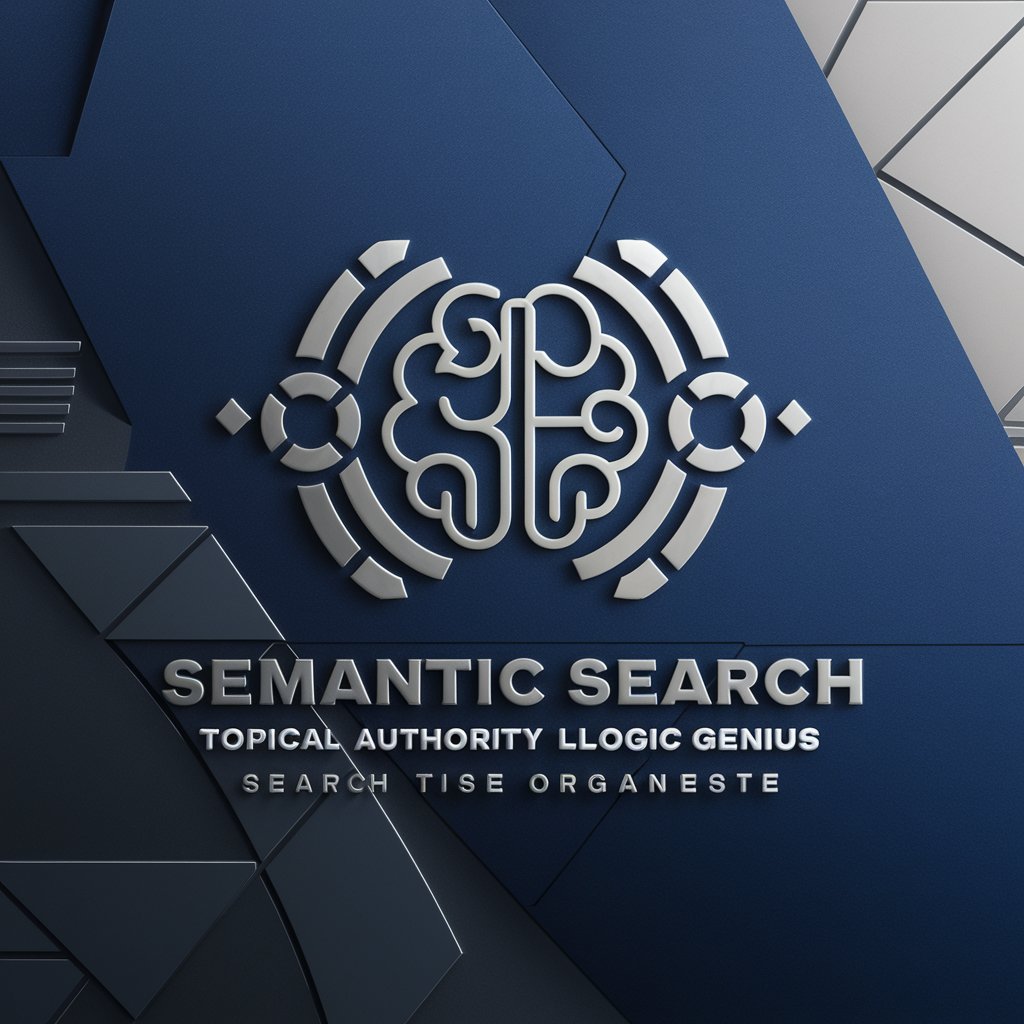
Content Writer for Semantic Optimization
Empower your words with AI-driven optimization.
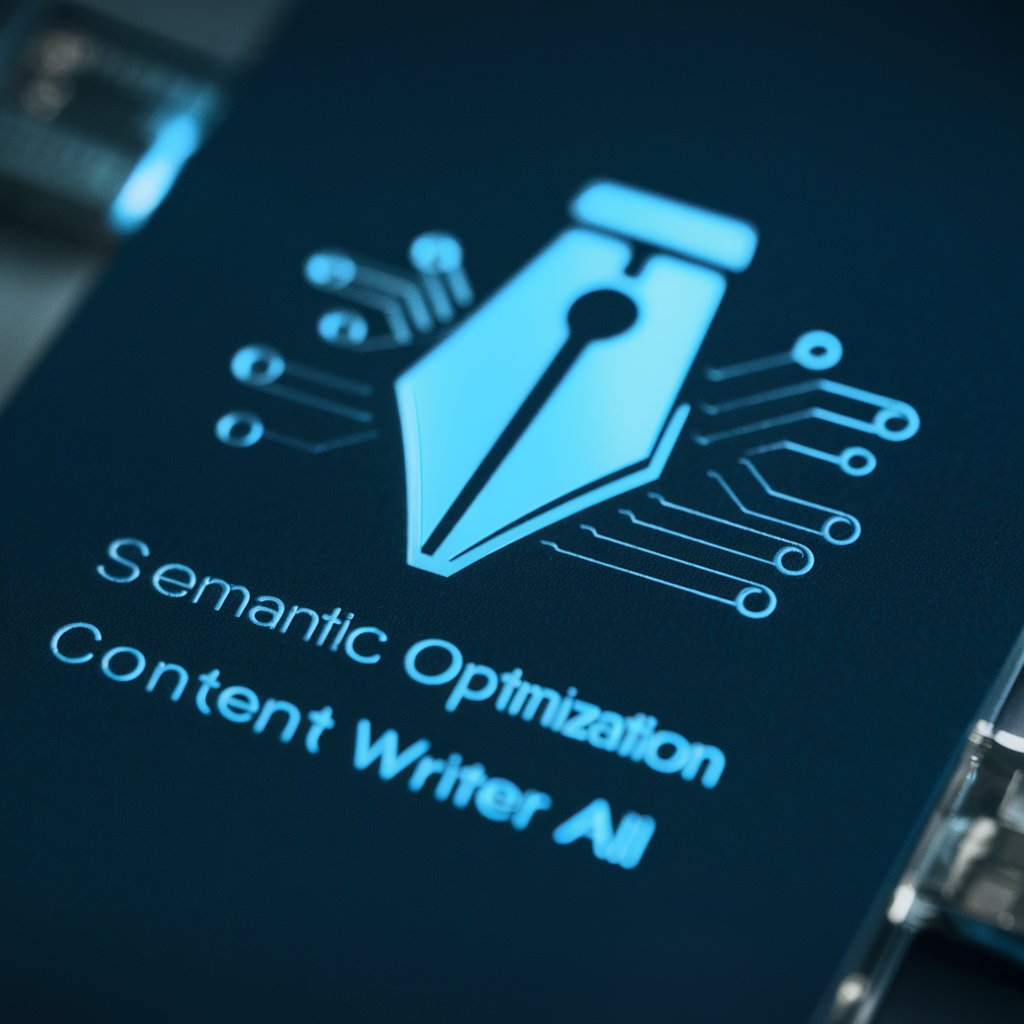
RPG Armory Architect
Forge Your Adventure with AI

Warcraft Guide
AI-powered WoW Class and Strategy Guide

FAQs on Talk to Semantic Scholar
What types of queries can I use with Talk to Semantic Scholar?
You can use any natural language query related to academic research, including specific questions about a topic, requests for papers by a particular author, or searches for the latest studies in a field.
How does Talk to Semantic Scholar ensure the relevance of search results?
It leverages Semantic Scholar's vector space model to match your query with relevant papers, considering factors like publication date, field of study, and the presence of open-access PDFs.
Can I access full texts of papers through Talk to Semantic Scholar?
While it provides abstracts and, when available, links to open-access PDFs, access to full texts may require subscription or institutional access.
Is Talk to Semantic Scholar suitable for all fields of academic research?
Yes, it covers a wide range of disciplines, from sciences and engineering to humanities and social sciences, making it a versatile tool for researchers, students, and academics.
What makes Talk to Semantic Scholar different from other academic search engines?
Its integration with Semantic Scholar's extensive database and AI-powered search capabilities allows for more precise matching of queries with academic papers, providing a user-friendly and efficient research experience.

